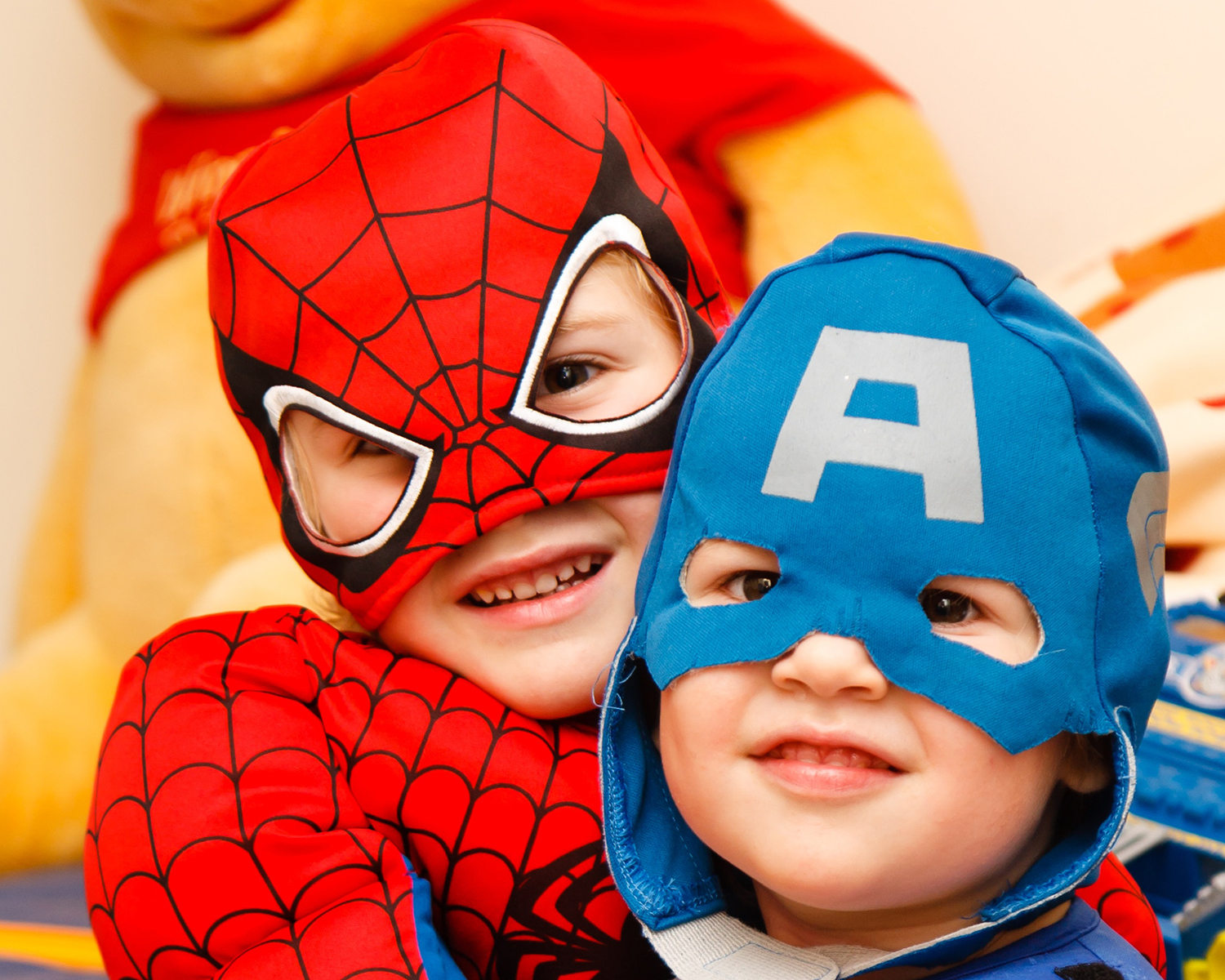Social interaction, whether with adults or peers, is a learning experience for young children. An encouraging, responsive setting provides infants, toddlers, and older children with the opportunity to develop creativity, language skills, social awareness, and confidence. Fostering social skills prepares children to function well in society and enjoy healthier relationships throughout their lifetime. Good manners, effective communication, articulation of their own needs, and being considerate of the feelings of others are all an integral part of a happy, successful, and well-adjusted life as an adult.
How do children develop social skills?

As the child grows older, discussions of how they feel helps the child learn words associated with those feelings, better understand and deal with their own feelings, and interpret the feelings of others. As children become more able to talk out their feelings, they transition away from acting out physically.
Give your kids a chance to socialize and improve their overall wellbeing!
Interacting with peers is an opportunity for children to practice communication, expand their vocabulary, and share ideas. Collaborating with others promotes creativity, exercises the imagination, and promotes cooperation. As the child socializes, he or she gains new skills through practice and trial and error. A safe, positive, and comfortable environment welcomes sharing and expression and builds self-esteem. This then leads to a confident child who is at ease with the world around them. A child’s interaction with others plays a crucial role in shaping their identity and developing important skills they’ll benefit from throughout their lives.
